

Over the course of this closing console generation, Sony’s PSN has been host to a number of titles that challenged both the general aesthetic of gaming, as well as their basic mechanical concepts. Games like Journey and Flower instantly spring to mind and now enters Rain. Developed by Sony’s JapanStudio, PlayStation C.A.M.P., and Acquire, Rain has clear ambitions to reach the same lofty status as those aforementioned titles, ready to champion the “games are art” argument. Is Rain a thunderstorm of an experience, or does it simply come and go with the impact of a morning drizzle? Read our review to find out.
Rain gives players control over a young boy who finds himself lost in the rain. After seeing a young girl, the boy’s inclination is to follow her. As the boy passes through a large door, he is suddenly made invisible and only the constant, driving rainfall brings to light his faintly visible form. Standing under some form of cover, and therefore getting dry, the boy and girl are once again invisible.
Such is the simplistic nature of Rain. The narrative is simple. Boy chases after girl who may need help. The mechanics are even simpler. Get pelted with precipitation and be seen. Run for cover, and hide right out in the open. While many games have benefited from a less-is-more, back-to-basics approach, it simply doesn’t suit this title. Rather, the lack of both narrative and mechanical depth unfortunately has rendered the game as an experience that just feels like there could have and should have been more. In doing so, Rain feels like a game of mostly squandered potential, but admittedly, it isn’t all bad.
The core bit that Rain manages to get right, it knocks out of the park. And that is the creation of the game’s mood. The developers managed to achieve this by delivering a tremendous sensory experience. Visually, the game is quite magnificent. The landscape is imposing without being frightening. The world just feels empty and creates a sense of unease rather than fear. The enemy creatures however, are what stand out as the things that go bump in the night. Tension and scares come from encounters with these skeletal looking creatures and it’s too bad that these encounters are so fleeting.
Additionally, the game’s primary antagonist, The Unknown, embodies just the right amount of frightful relentlessness that countless slasher-film villains have conditioned players and kids to fear. Also worth mentioning is the spot-on animation of the two young wanderers. A subtle hand brushing along a tightly hugged wall or a slight stumble while running through a puddle all create a great sense of weight and realism to the character models, and a give some added connection to the player.
The never-ending rain, a forgotten city that feels as though it may swallow the player, and the dream-like musical score all combine to create a feeling that is more melancholy than outright sad. It’s more otherworld-ly than realistically scary. It’s a production design that engrosses the player with ease and truly makes them want to care about the beautifully animated boy and girl. The sights and sounds of this game are the main selling point. All that said, it’s just a shame that this aspect really is the game’s only selling point, as the other portions of the game just don’t pull their own weight.
Mechanically, there simply isn’t enough. Calling Rain a stealth platformer wouldn’t be too far off base, and that combination in and of itself can produce intriguing gameplay results but the potential isn’t realized in Rain. This is platforming and stealth at their most basic and players familiar with the mechanic will likely grow restless quickly due to how little the game does with its “visible in the rain/invisible under cover” gameplay. Anytime something new is introduced, like moving cover, it’s generally only ever used to get past an immediate section. New mechanical wrinkles never really build into a full move set. The game gives the player the answer before a puzzle, the player replicates what they’ve just learned, and they move on.
It’s also no help that some portions of gameplay are grossly inconsistent and result in deaths and reloads. The biggest offender being the use of invisible walls. Rain wants to guide the player through a story, so it wants to keep the player chugging along the correct path. Normally this is fine, and many modern games have managed to find ways to do this that aren’t so obviously intrusive to the immersion the game is trying to build. Invisible walls are notorious for their disruption of player immersion, and they are everywhere – Except for when there’s a chance the game could kill the boy during a platforming or chase section, then they are nowhere to be found. These sections can often prove to be more frustrating than fun because it’s inconsistent instead of challenging.
Gameplay isn’t the only element that gets lost in the downpour, as the narrative doesn’t do much to help elevate the experience either. The setting is of course stellar, and the premise is timeless. It’s when the game begins to expand on the story that it shows a lack of direction. Many questions arise, and very few get answered satisfactorily. Letting players fill in some blanks is fine, but Rain never quite gets the fulfilling conclusion it needs.
If Rain didn’t exist in the same space as games like Braid, Limbo, or Bastion, perhaps some of the shortcomings could be forgiven. But the fact is that it’s no longer enough for a game to simply get by on its art direction alone. Compelling gameplay and plot, if that’s what the game is shooting for, need to be present as well. That’s not to take anything away from Rain’s uncanny ability to use its aesthetic and the constant rainfall to create a perfectly melancholic mood that few games could. It also manages to deliver a few moments of genuine tension. But the under-cooked mechanics and narrative hold the game back from living up to the potential it seems to have and place all the pressure on the aesthetic to carry the whole game. Unfortunately, that weight proves to be too heavy.
Rain is currently available exclusively on PSN.
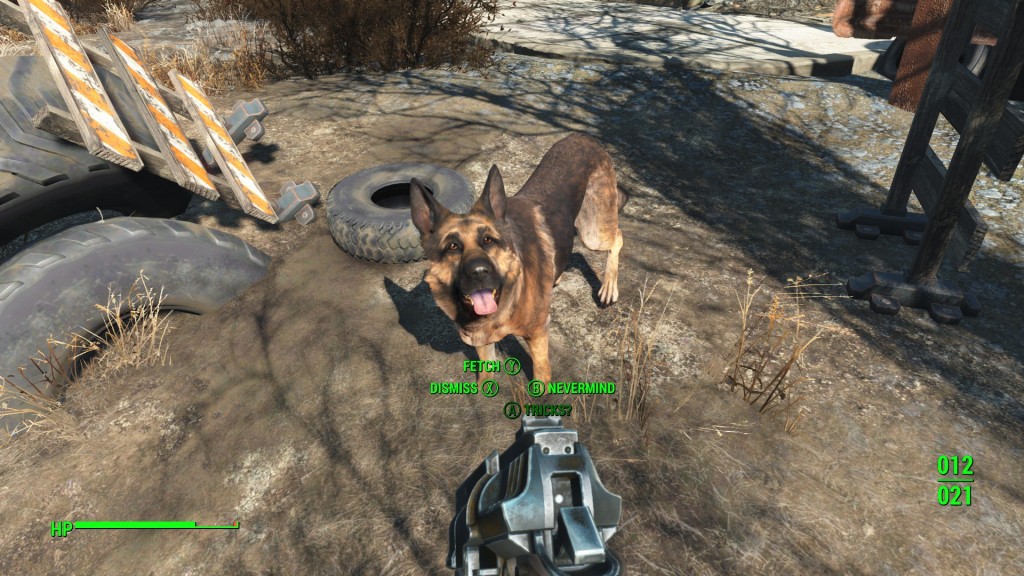
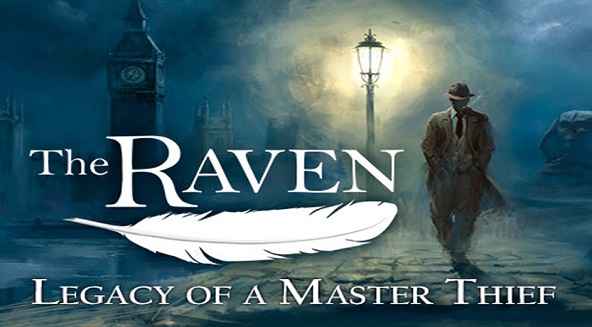


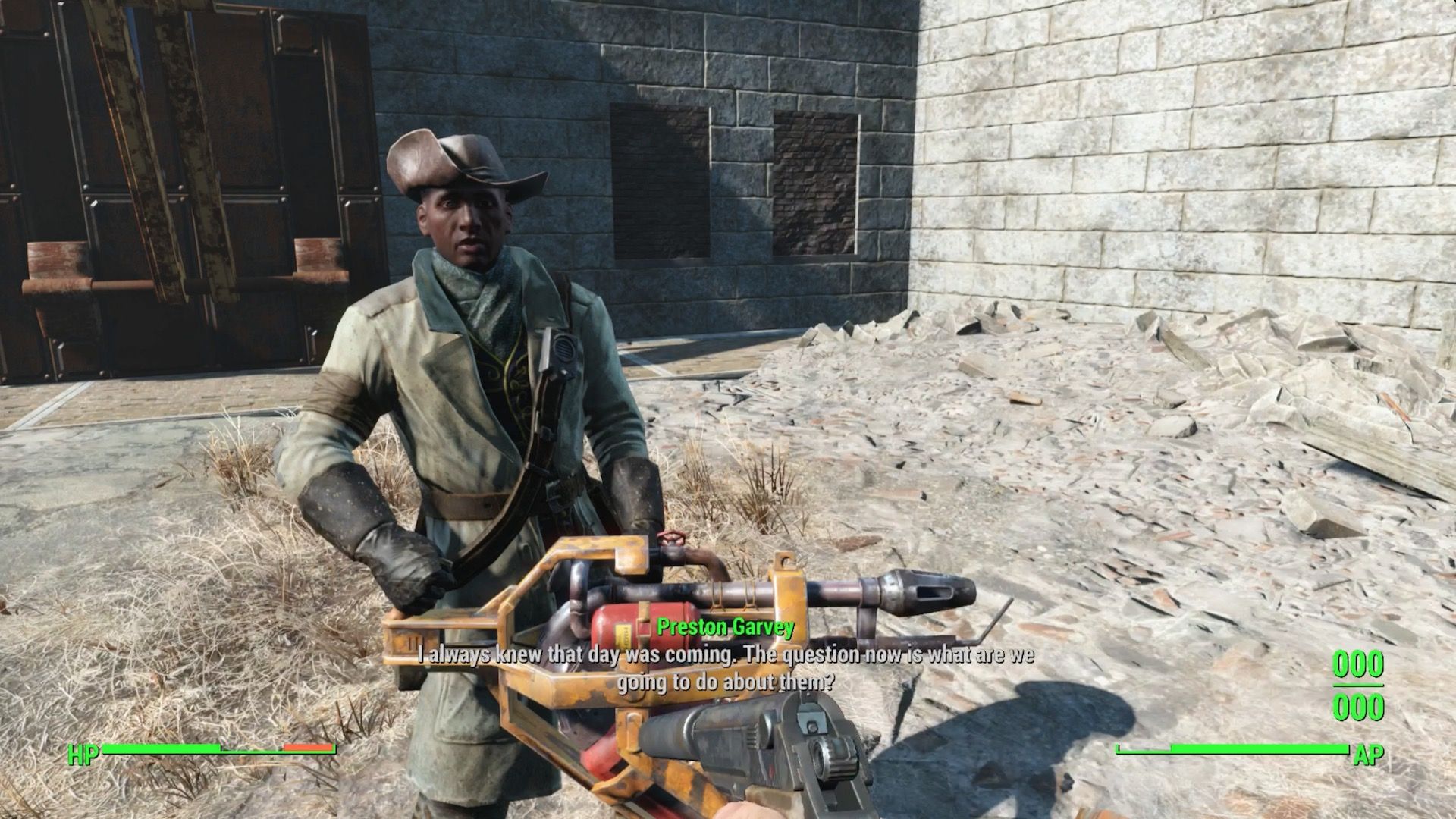 Fallout 4: Faction guide
Fallout 4: Faction guide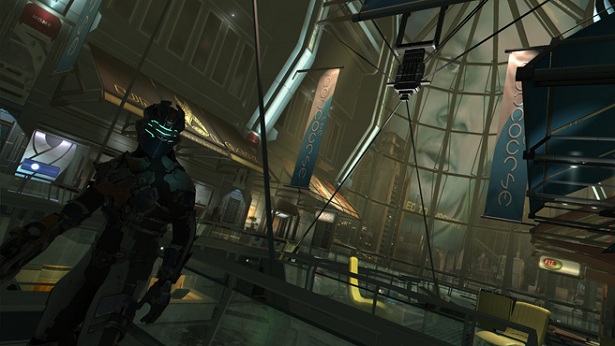 Dead Space 2 Walkthrough
Dead Space 2 Walkthrough The Witcher 3 Troubleshoot (PC) crashes and errors
The Witcher 3 Troubleshoot (PC) crashes and errors Pokemon Ruby and Sapphire Gameboy Advance Video Game Walkthrough
Pokemon Ruby and Sapphire Gameboy Advance Video Game Walkthrough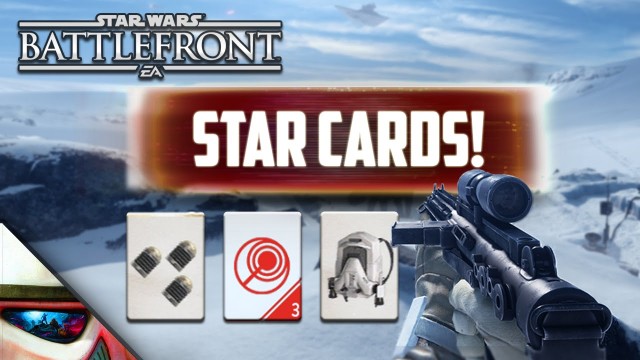 List of All Star Cards and its Use in Star Wars Battlefront
List of All Star Cards and its Use in Star Wars Battlefront